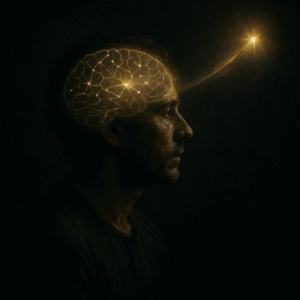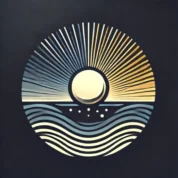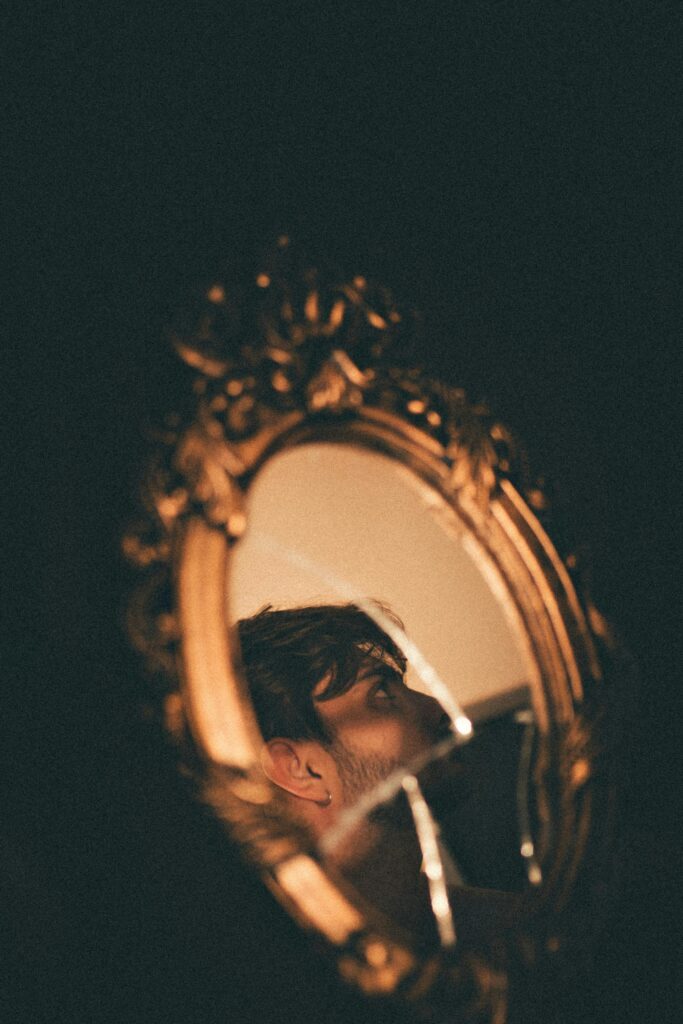Why Hope Is Needed?

Ever wondered what pushes someone who has faced violent or extreme struggles in life to keep going?
Or what leads a soul to end their life, just to escape the burden of existence?
It’s the magical nature of hope that lies at the center of both.
But what is hope?
Is it measurable? Is it a real, tangible entity — or something abstract and untouchable?
Why is it that some people seem to find hope easily, while others feel lost without it?
I’ve always wondered: what makes us — this self-aware species — crave hope so deeply?
What reactions in our mind drive us to constantly search for it?
The Human Mind: A Meaning-Seeking Machine

Before diving deeper into this profound insight, let’s analyze why humans need hope, and why we seem wired to seek it.
Biologically, what sets us apart from other organisms is our ability to understand the world around us — and our capacity for self-awareness. We can detect patterns, analyze situations, and build tools like science and technology.
Yet even with all that, we still can’t predict the feeling of existence — or life itself.
We are creatures who seek meaning and reasoning in every possible way. But the harsh truth is this: life doesn’t come with inherent meaning.
It is us who add meaning to it — so we can feel that our existence has value.
Still, some truths remain unavoidable. Many events force us to ask the age-old questions:
What is the meaning of life?
Why do things happen that don’t seem to make sense?
Take, for example, a good man who fights for social justice but is killed by mobs…
While someone corrupt, who causes others to suffer, lives comfortably and seems happy.
Or worse — a five-year-old child, who hasn’t even learned to distinguish right from wrong, is raped and murdered.
We create illusions to explain it: karma, divine plans, past lives.
But deep inside, we know — these explanations often fall short.
When Life Becomes Unpredictable, Fear Creeps In
When we realize we can’t make sense of certain things, fear begins to take root.
Fear thrives in unpredictability. In any area of life — whether it’s public speaking, fighting, or exams — once we master something, the fear disappears.
But with life?
Life is unpredictable by nature.
So fear becomes our constant companion — and when it does, our mind instinctively seeks a counterweight:
Hope.
Hope may be temporary. It may vanish tomorrow. The things or people we place our faith in may disappear.
But no matter what, it’s the constant battle between fear and hope that keeps the human spirit moving forward.
Mental Health and the Fear-Hope Tug-of-War
Mental health issues like depression, anxiety, and chronic stress are often deeply rooted in fear:
-
The fear of the future’s unpredictability becomes anxiety.
-
The fear of wasted time or a meaningless past becomes depression.
-
The fear of the present spiraling out of control creates stress.
And when fear grows too large, we seek faith — in every way we can.
Hope Through Relationships and Connection

Humans find hope in different places:
Some in relationships, some in nature, some within themselves, and some through art or purpose.
But often, people deeply seek hope through love and connection — and there’s nothing wrong with that.
It’s in our nature to seek it.
We may call it trust, affection, or companionship, but at the core of all those feelings is hope — the belief that we’re not alone in this struggle.
It may come:
-
In the arms of a parent.
-
In the warmth of a partner.
-
Through the honesty of a child.
Their presence may not just comfort us — their love gives us a reason to endure.
But when those connections vanish — through death, betrayal, or breakups — it’s not just love or companionship we lose.
It’s the glimmer of hope that was holding us together.
That’s why some people fall into deep despair or destructive behavior after loss — because the will to endure, has been cut loose.
When our investment of time and energy — in business, career, relationships, or dreams — goes in vain, it triggers the fear that life isn’t unfolding the way we wished. This unpredictability becomes overwhelming.
Even when things do go well, there’s still a silent fear buried beneath:
What if it doesn’t last?
What if I lose it all one day?“Even when everything goes right, the fear of losing it all is buried deep — hope is what holds us together in silence.”
This subtle but constant fear can lead to delusions, isolation, and an aching sense of emptiness.
To fight all this — to shield ourselves from the chaos within — we need a tool.
And that tool is hope.
The Constant Battle Between Fear and Hope
We may believe that certain people can help us survive the weight of existence. We may feel that their presence alone gives meaning to our lives.
But sometimes, those very people leave — or reveal themselves as false.
And when that happens?
The fear returns.
And once again, we search — in art, in our careers, in new people, or in spirituality.
We start all over.
Because in the end, it is this eternal dance between fear and hope that shapes the human condition.
The Truth About Hope
“Hope is not the absence of pain, but the courage to carry on despite it.”
In a world full of unpredictability, injustice, and emotional struggle —
It is not meaning that saves us.
It is Hope.
It doesn’t erase pain or solve the mystery of existence,
But it gives us the courage to live through it.

It holds our hearts steady when life shakes us.
Conclusion: Where Do We Go From Here?
Thus, hope is important to save us from the trap of fear and the void.
But in a world that often feels hopeless — where do we find hope?
That’s a question worth exploring — and it’s what I’ll dive into in my next post:


